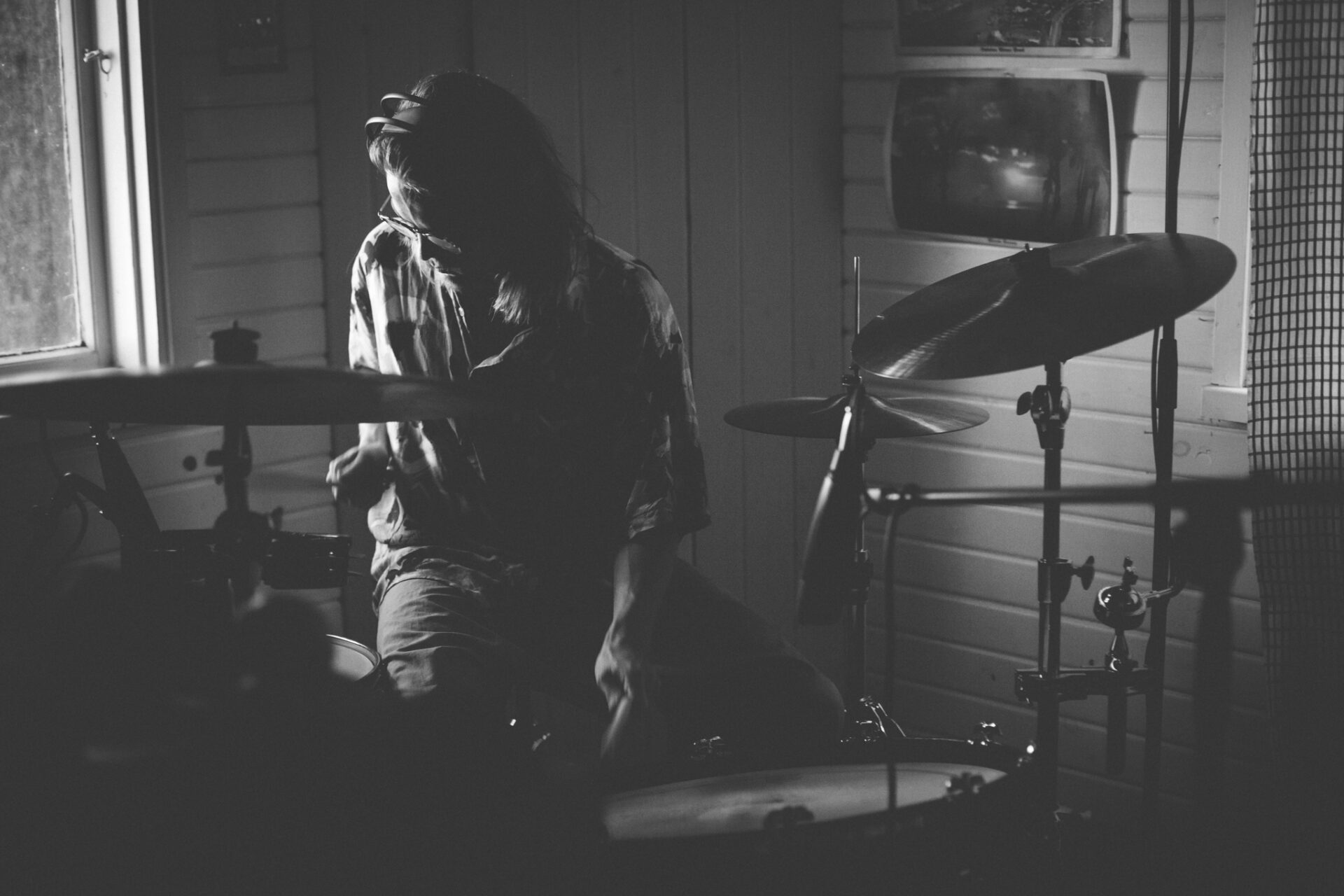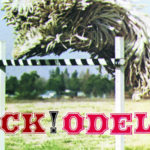One of the most striking, rustic sounding releases of 2016 has to be Finnish songwriter Mikko Joensuu’s sublime work of art that is Amen 1. This is the first part of a trilogy, providing an enchanting contrast between searing beauty and brooding melancholy.
This was a very brave thing to do for a debut! Why did you choose to release all three separately, rather than a triple disc concept album?
Well, I never intended to make a trilogy. For years I just wrote songs but couldn’t figure out how I could make an album; the songs were not made for just one album. So I kept writing more until I suddenly realised that they are all part of a larger concept. They all have their very own feel, but they’re all parts of the same story. There are many themes that evolve from one album to the next one, and this can be heard in both music and lyrics. I guess there were many reasons for why they’re not released at the same time, but the main thing for me was to give time and air between the albums. That way the listener can really sink in and concentrate on the state of the current album and maybe eventually understand the differences between them better. It’s also natural to give them time since it was a process for me that, to put it roughly, started from the first one and ended in the last. This didn’t happen overnight, some songs are almost 10 years old and they’ve captured a lot of different states of my existence.
You shut yourself away in your self-built cabin for a month in order to create this album. We have, of course, seen the whole “artist in isolation” thing before, perhaps most notably when Bon Iver’s Justin Vernon went to the extreme of living wild and hunting his own food – can you draw any parallels with Vernon?
I’m not too familiar with Justin Vernon’s process although I’m aware he recorded his album in a cabin. For me, the most important thing was to give all my time and concentration in the making of these albums. I realised a few months before going there that I had three albums, but there were still a lot more pieces in that puzzle that I really needed to put together. There was so much music that needed to have a strong and detailed structure so I thought I really just needed to give all of my concentration and energy to it. My time there really made all three albums what they are now. I’m not sure this would have been possible for me in any other way. I really lost track of time and recorded and wrote day and night and slept whenever I felt tired. It was spiritually and mentally a very important trip for me and extremely creative indeed.
![IN CONVERSATION - Mikko Joensuu 28 mikko-joensuu-cottage-10[1]](https://www.godisinthetvzine.co.uk/wp-content/uploads/2016/06/mikko-joensuu-cottage-101-200x300.jpg)
There is a lot of religious imagery contained within Amen 1. Did your self-imposed solitary confinement bring this more to the fore, do you think?
I grew up in very religious surroundings since my family is a part of the Pentecostal church. I was “speaking in tongues” when I was around 11 and I was deeply involved with all that as a teenager. That’s why it’s very natural for me to use the religious terminology in my writing and why “gospel” as a form of music feels very much like home for me. I don’t think I sing too much about religious things, though. It’s more a source of metaphors that feel natural for me to use when I write about death, sadness, hope or what have you. Also, one of the underlying themes on these albums is my process of coming to terms with the idea that God actually does not exist in my mind anymore. I find the subject of losing one’s religion very interesting and some of that very profound personal process can be heard on the albums as well, although it never was a subject I intended to write about in the first place. I sort of realised afterwards that I had. It took me from five to 10 years to finally say that I don’t believe that God exists since the idea was rooted so deep in my consciousness. In the end, I find the experience and the process very calm and positive. I’m still a very spiritual person but after all my contemplation on the matter, I don’t think I’m naming new gods any time soon.
Despite all the shimmering beauty that can be gleaned, there also seems to be an aching sorrow which permeates throughout. Did you feel like you needed to retreat into the cabin, not just as part of the creative process, but to do some serious personal soul searching, too?
I would say that is probably one of the reasons as well. There is a great deal of sadness and emotional pain behind these albums. There is also a lot of light and the feeling of overcoming the sadness, but not yet in the first one, I’m afraid. Among many things, the first album for me is a state of deep darkness that sometimes needs to be wrapped in something soft and beautiful. Sometimes it tells a lot more from the actual feeling and from us humans that a great sadness is told behind a big smile. I also like this kind of contrast which is very common for American country music. There’s always a smile on their face no matter how dark the message is.
I am presuming Leonard Cohen was a major influence here?
I do like Leonard Cohen‘s music a lot but I wouldn’t say he’s a major influence. He’s one of many great ones I guess and it’s hard to say what’s influenced me the most. Scott Walker, Bob Dylan, and Hank Williams have definitely inspired me a lot – especially when I started writing songs. An essential thing for the final idea of how Amen 1 should sound like came to me by listening to Scott 1-4, Lee Hazlewood and Roy Orbison. They all really inspired me to spend time especially on string arrangements, which I had never done before. I really love the way many albums of that time were produced. Lee has a sort of rougher ocean of sound where his magical pop songs hover on. Scott Walkers 1-4 are probably the most beautiful albums ever made. Also, I think through Scott Walker’s music I finally stopped thinking about what style of music I should make and really just concentrate on the music.
How on earth do you follow something as extravagant as a three album magnum opus?!!
I’ll figure out something…
Mikko Joensuu’s fabulous ‘Amen 1’ is released on 10th June 2016 through Svart Records.
PHOTO CREDIT: Minttu Saarni




